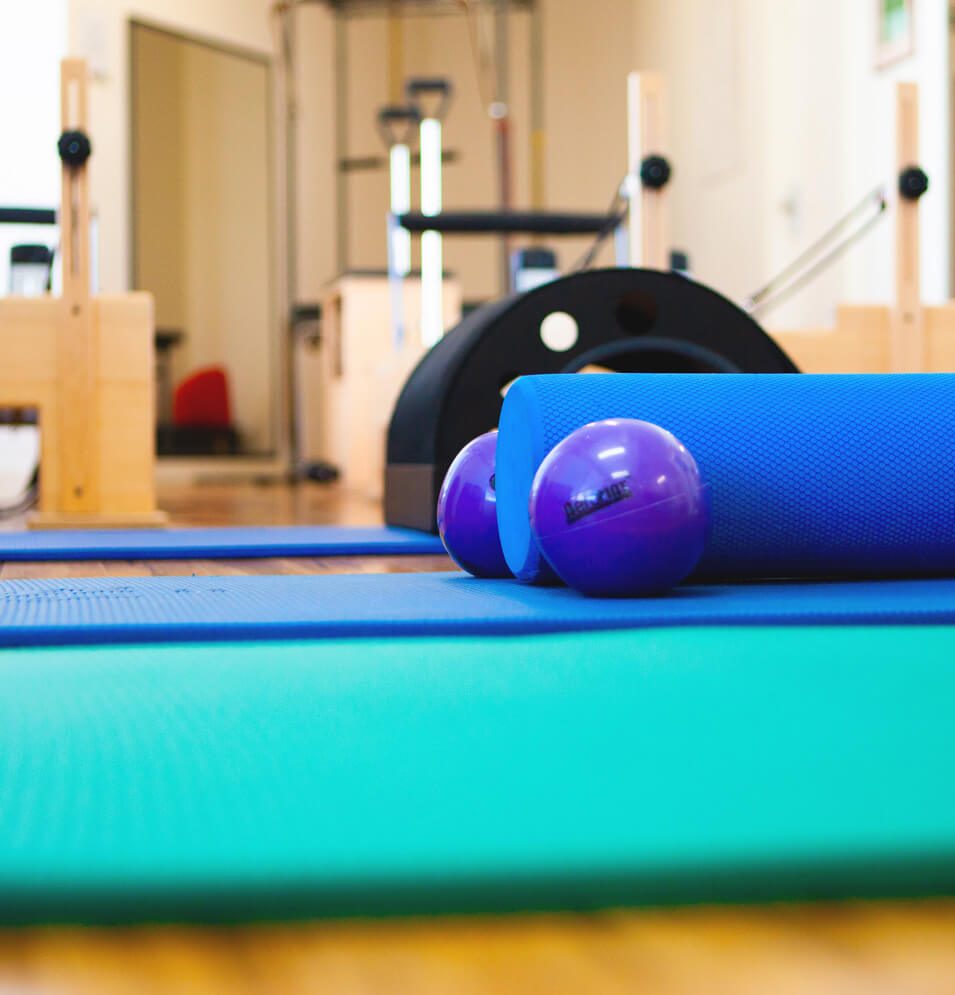Discover how dry needling at Lifecare can be used alongside physiotherapy to ease muscle tension, improve comfort, and support your movement and recovery.
Find Your Closest Clinic
A targeted approach to relieving muscle tension
Dry needling is a technique used by trained physiotherapists to help release tight muscles and ease discomfort. Fine, sterile needles are gently inserted into specific trigger points in the body to encourage relaxation and support natural healing. It may be especially helpful for those experiencing ongoing tightness, muscle pain, or restricted movement.How dry needling supports your recovery
At Lifecare, dry needling is used as part of a broader physiotherapy treatment plan. It complements movement-based therapies and hands-on treatment to help improve muscle function, reduce pain, and support your return to comfortable, confident movement.Personalised to your needs
Every treatment is tailored to you. Your physiotherapist will assess your condition and recommend dry needling if it can support your recovery goals. By targeting the right areas, it may help relieve tension, improve flexibility, and enhance the effects of other rehabilitation strategies.When dry needling may be recommended
Dry needling can be used when muscle tightness, discomfort, or spasm is limiting your progress or causing ongoing pain. It is often used in combination with exercise and education to support a more complete recovery. Dry needling may assist with:- Headaches and neck pain
- Osteoarthritis and musculoskeletal pain
- Muscle spasm or localised tightness
- Hip or back discomfort
- Iliotibial band (ITB) syndrome
- Patellofemoral (kneecap) pain
Why choose Lifecare for dry needling?
At Lifecare, dry needling is part of our holistic approach to care. We focus on your comfort, safety, and outcomes, making sure every treatment is delivered in line with your overall physiotherapy plan. You’ll benefit from:- Experienced physiotherapists trained in dry needling techniques
- Tailored treatment plans that reflect your goals and preferences
- A supportive environment built around movement, recovery, and wellbeing
- Convenient access to clinics across Australia
Find Your Closest Clinic
Your journey with us
- A thorough assessment to understand your condition and symptoms
- Personalised dry needling plans as part of your overall care
- Regular review and adjustments to support progress
- Guidance on managing discomfort and maintaining results



